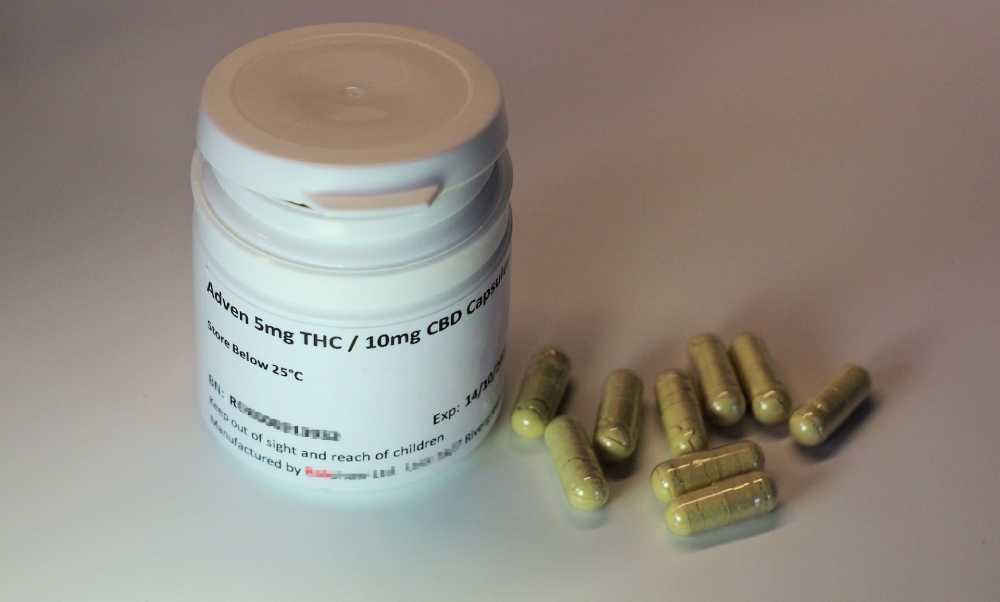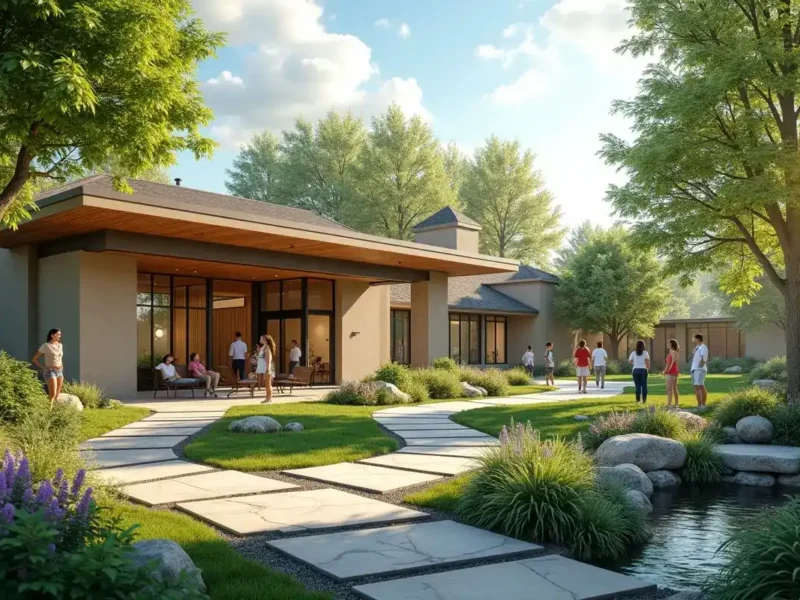Possessing a small amount of marijuana in Delaware is now legal as long as you have a medical cannabis card. However, some are still concerned about how the law will play out.
Delaware’s program requires patients to have a debilitating condition or medical symptoms and a valid physician certification. The state website links physicians qualified to issue medical marijuana cards.
Getting a Medical Marijuana Card
Is medical marijuana legal in Delaware? In Delaware, cannabis is legal for medical purposes for those whom a licensed doctor has approved. The state’s medical marijuana program, overseen by the Department of Health, allows patients suffering from specific conditions to purchase and possess a limited amount of cannabis at state-licensed dispensaries. However, cultivation at home is not allowed. The state’s list of qualifying conditions is long, and citizens can petition the government for new disorders to be included.
To apply for a medical marijuana card, applicants should gather all the necessary documentation and make an appointment with a physician. After the visit, the physician will fill out their application portion and submit it to the state. A nonrefundable $50 fee is also required.
After applying, citizens can expect to receive a registry identification card within 90 days. The medical marijuana card will allow a patient to purchase marijuana at dispensaries throughout the state. However, it offers no protection against arrest or prosecution for drug possession.
Patients can possess up to three ounces of cannabis every 14 days or six ounces a month at most. There is also a ban on growing cannabis in the state, which can lead to penalties if violated. To qualify for a medical marijuana card, an applicant must be at least 21 years old, have verifiable proof of residency, and have no excluded felony convictions.
Cultivation
Those seeking to cultivate medical marijuana in Delaware must have a permit issued by the DMMA. The permit allows the grower to produce and sell up to 50 indoor and outdoor plants. However, the amount of cannabis grown cannot exceed three times the patient’s daily allotment. In addition, the cultivation area must be enclosed within a locked structure and out of reach of anyone not authorized to use it.
Moreover, the permitholder must pay a fee to operate a dispensary. The state also requires all compassion centers to implement a seed-to-sale tracking system. Applicants for a compassion center must submit a detailed business plan and security measures to be considered for the license. New applicants will only be accepted during an open application period DHSS announces.
Marijuana is still illegal on the federal level, even in states that legalize it. As such, the federal government could raid and seize any cannabis produced in Delaware if it is found to be illegally grown. Furthermore, it is still illegal to possess marijuana in public or drive while under the influence of cannabis.
Despite these laws, Delaware’s cannabis industry has been flourishing since it became a medical marijuana state in 2011. It is not unusual to see patients enjoying the benefits of this natural plant. However, the state needs to improve its regulatory framework for the cannabis industry.
Sale
If you’re looking to open a medical marijuana dispensary in Delaware, it’s important to keep in mind that the state’s laws and regulations are constantly changing. Make sure you’re up-to-date on the latest changes, and prioritize the safety of your patients at all times. Also, remember that you’ll need to get all necessary permits and licenses before opening your business.
Delaware has two types of dispensary licenses: Compassion Center and Standalone Dispensary. Both will be subject to the same requirements, but the Compassion Center will have the additional ability to cultivate and process cannabis. The Standalone Dispensary will only be allowed to sell medical marijuana. You must submit a detailed business plan and pay the application fee to apply for a permit.
You’ll also need to comply with any local zoning regulations. Some municipalities may require you to locate your dispensary a certain distance from schools or other sensitive areas. You’ll also need to meet state security requirements, including regular inspections and reporting.
The law also protects qualified patients from discrimination in employment, education, housing, parental rights, and access to medical care, including organ transplants. To qualify for a medical marijuana card, you must be a Delaware resident and have a debilitating condition that can be treated with cannabis. A physician must certify in writing that you suffer from one of the listed conditions. Citizens can petition the Department to add additional conditions to the list.
Taxes
The cultivation, processing, analysis, testing, and storage of marijuana is strictly illegal in the state of Delaware. Marijuana paraphernalia is also prohibited. This includes pipes, bongs, tobacco blunts, and rolling paper. Possessing paraphernalia with less than an ounce of weed is a misdemeanor punishable by up to a $100 fine.
However, possessing and using paraphernalia with more than an ounce of weed is felony criminal possession of a controlled substance punishable by up to 6 months in jail and a $1,000 fine.
Those wishing to grow, manufacture, sell, or otherwise distribute medical marijuana must obtain a license from the State of Delaware. A license is valid for two years and costs $10,000.
A physician must certify in writing that the patient suffers from a debilitating medical condition and would benefit from the use of medicinal marijuana. This certification must be sent to the Department of Health and Social Services, which will issue an ID card to the patient. Those with an ID card are protected from arrest.
A 15% sales tax is imposed on the sale of recreational marijuana in the state. This revenue will promote social equity and substance misuse treatment programs. The law also imposes penalties on businesses that do not verify the age of individuals who purchase marijuana. It is illegal to buy or sell marijuana to anyone under 21 years of age.



